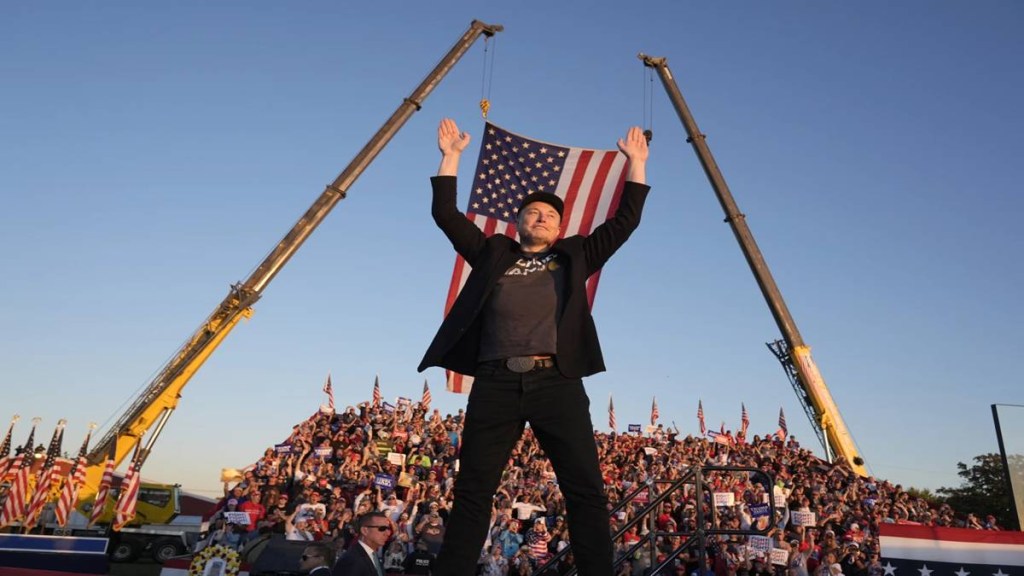Elon Musk has announced his departure from the Trump administration, ending a short but intense stint focused on cutting down the size of the US government.
Posting on X, his own social media platform, Musk thanked US President Donald Trump for the chance to lead the Department of Government Efficiency, also called DOGE. His role, though always meant to be temporary, comes to an early end just after he publicly criticised one of Trump’s “big, beautiful bill”.
According to BBC, the White House began the process of officially removing Musk from his post on Wednesday night. During his time in the role, thousands of federal jobs were eliminated as part of a broad push to streamline government operations. Musk’s exit marks the end of a controversial chapter that drew attention both for its aggressive approach and for the involvement of one of the world’s most high-profile tech billionaires. But what exactly led to his exit?
Was ‘big, beautiful bill’ the problem?
Elon Musk’s departure from the Trump administration follows his public disapproval of the president’s budget bill, which includes large tax breaks and increased military spending.
Musk expressed concerns that the plan would raise the national deficit and undermine the efforts of the Department of Government Efficiency, known as DOGE, which he had been leading. “I think a bill can be big or it could be beautiful,” Musk said, adding, “But I don’t know if it could be both.”
Initially, Musk aimed to slash $2 trillion from federal spending but gradually reduced that goal to $150 billion. Under his leadership, around 260,000 federal civilian jobs were cut or left through redundancy agreements.
Some of these layoffs were later blocked by federal judges, who ordered the reinstatement of wrongly terminated employees. Mistakes in the rapid downsizing effort even affected sensitive areas like the US nuclear program, a report by BBC said.
Musk announced in April that he would return full-time to his businesses, citing growing criticism and blaming Doge for being unfairly held responsible for unrelated problems. “Doge is just becoming the whipping boy for everything,” Musk told the Washington Post on Tuesday.
His time in government coincided with a slump at Tesla—sales fell 13% in early 2025, and the stock dropped by as much as 45% before partially recovering. The company has warned of continued financial challenges due to shifting political attitudes, and Musk told investors his focus would now return to Tesla.
Meanwhile, activists have launched boycotts and protests targeting Tesla, including vandalism of cars and charging stations. The backlash became serious enough that the US Attorney General labeled such acts as domestic terrorism.
Still, Musk reaffirmed his commitment to leading Tesla for the next five years while also stating he would scale back political donations after having contributed nearly $300 million to Republican campaigns last year.

